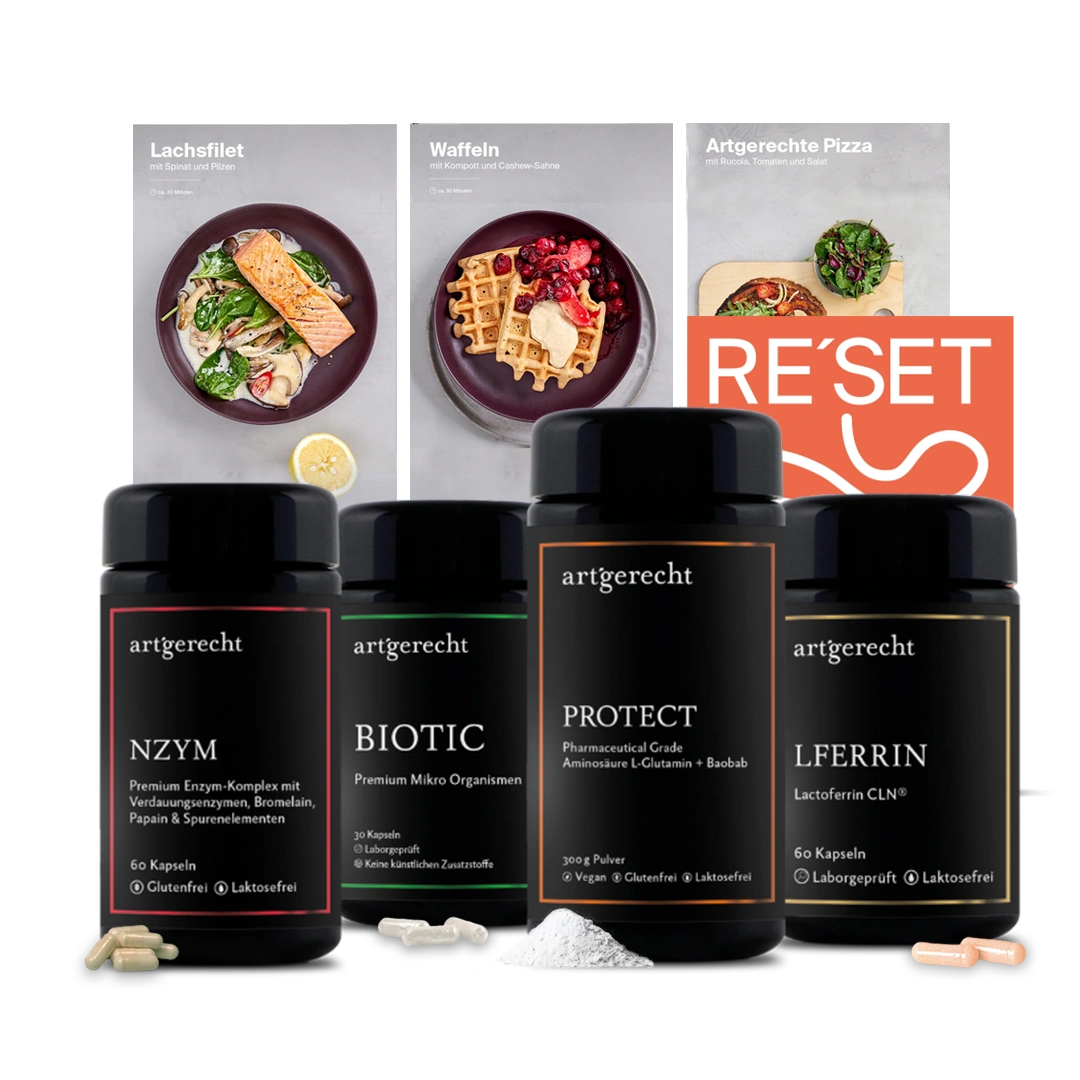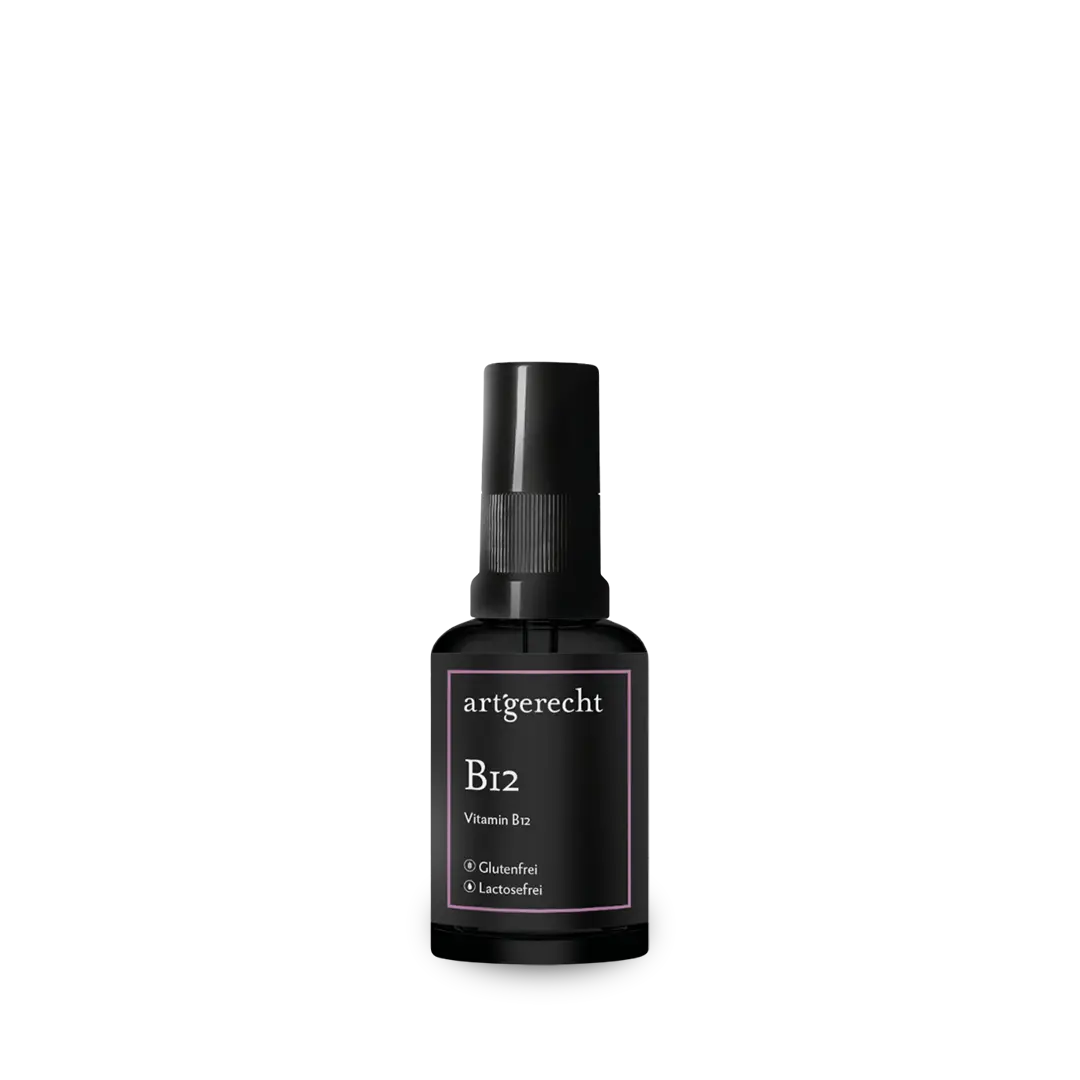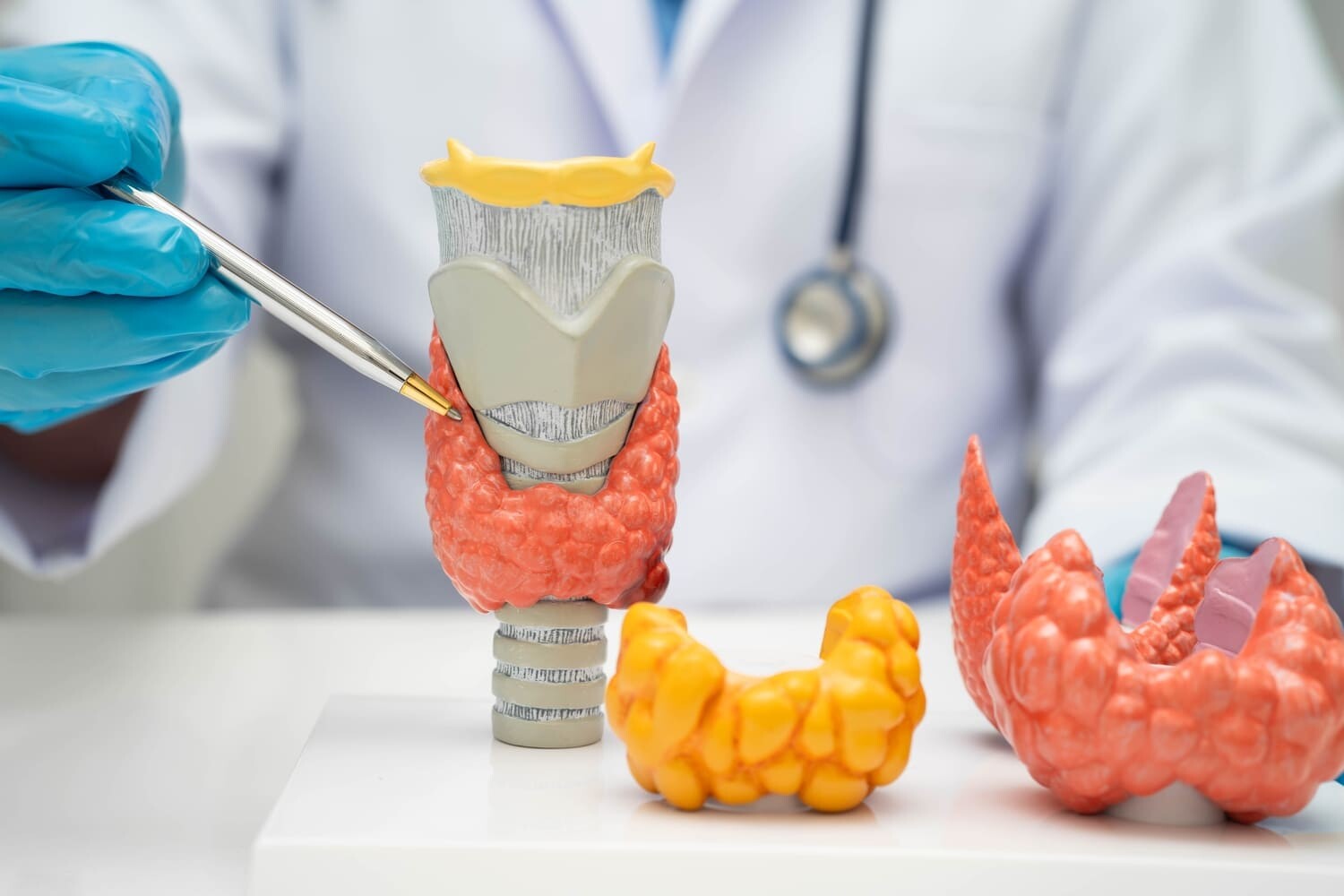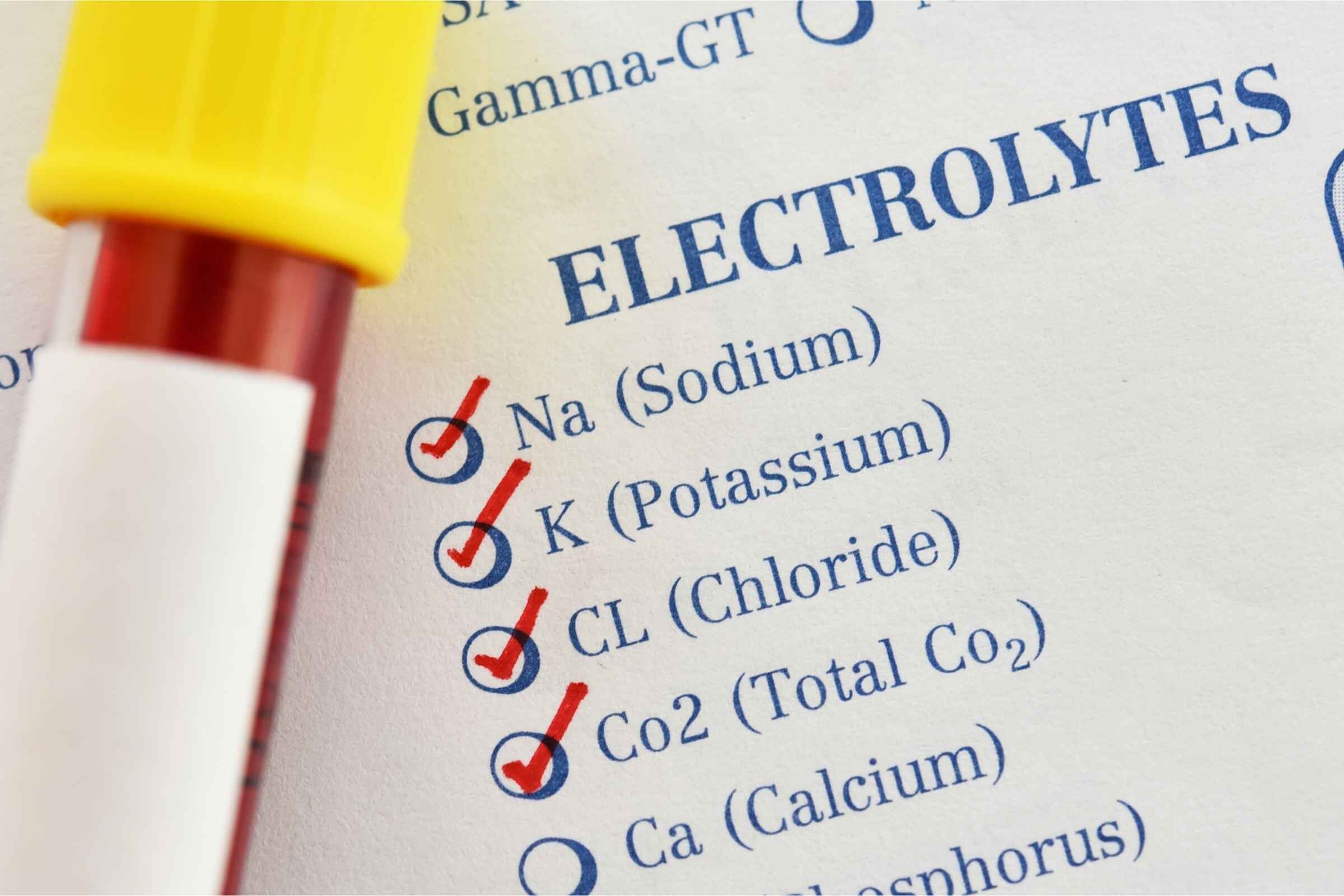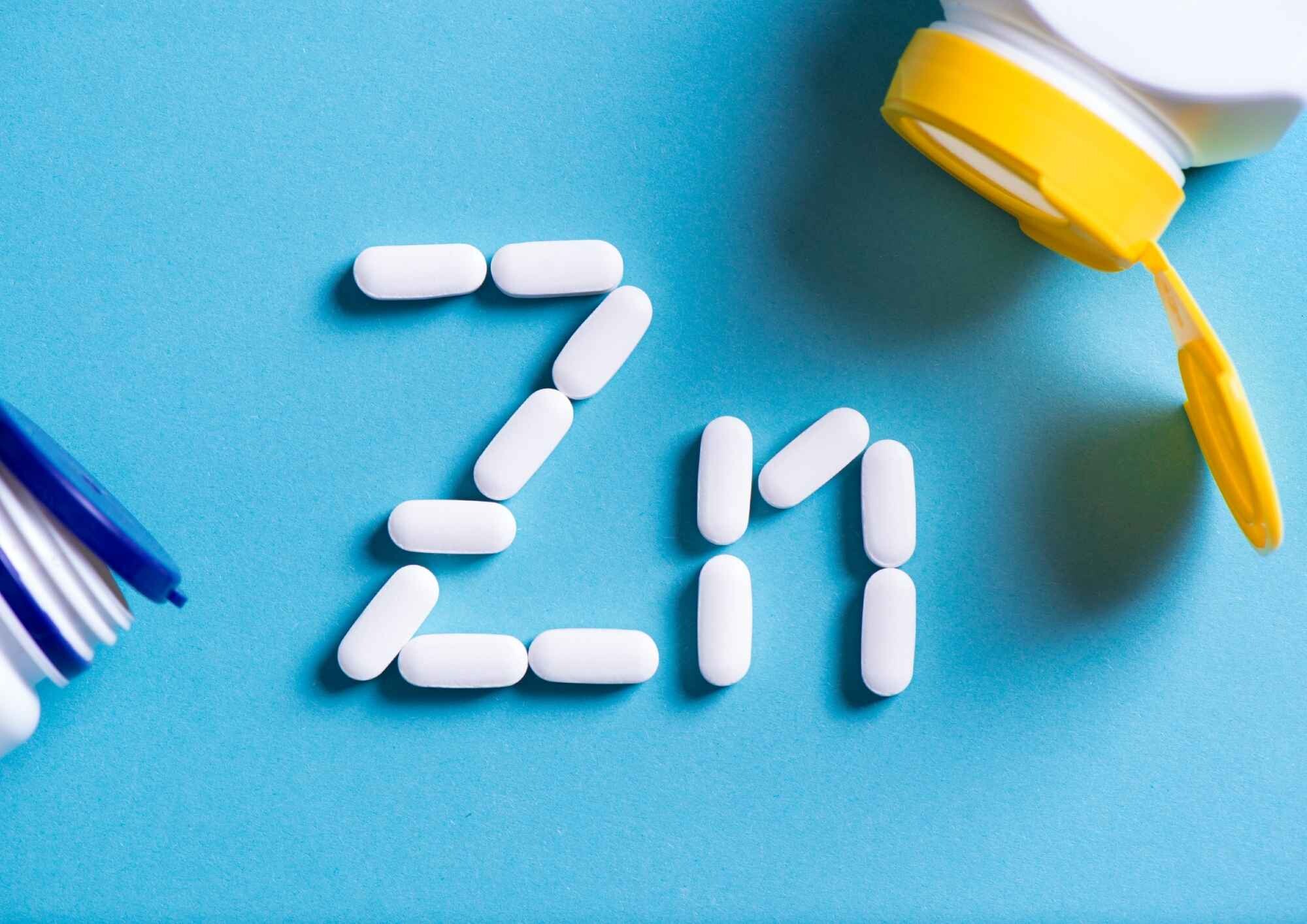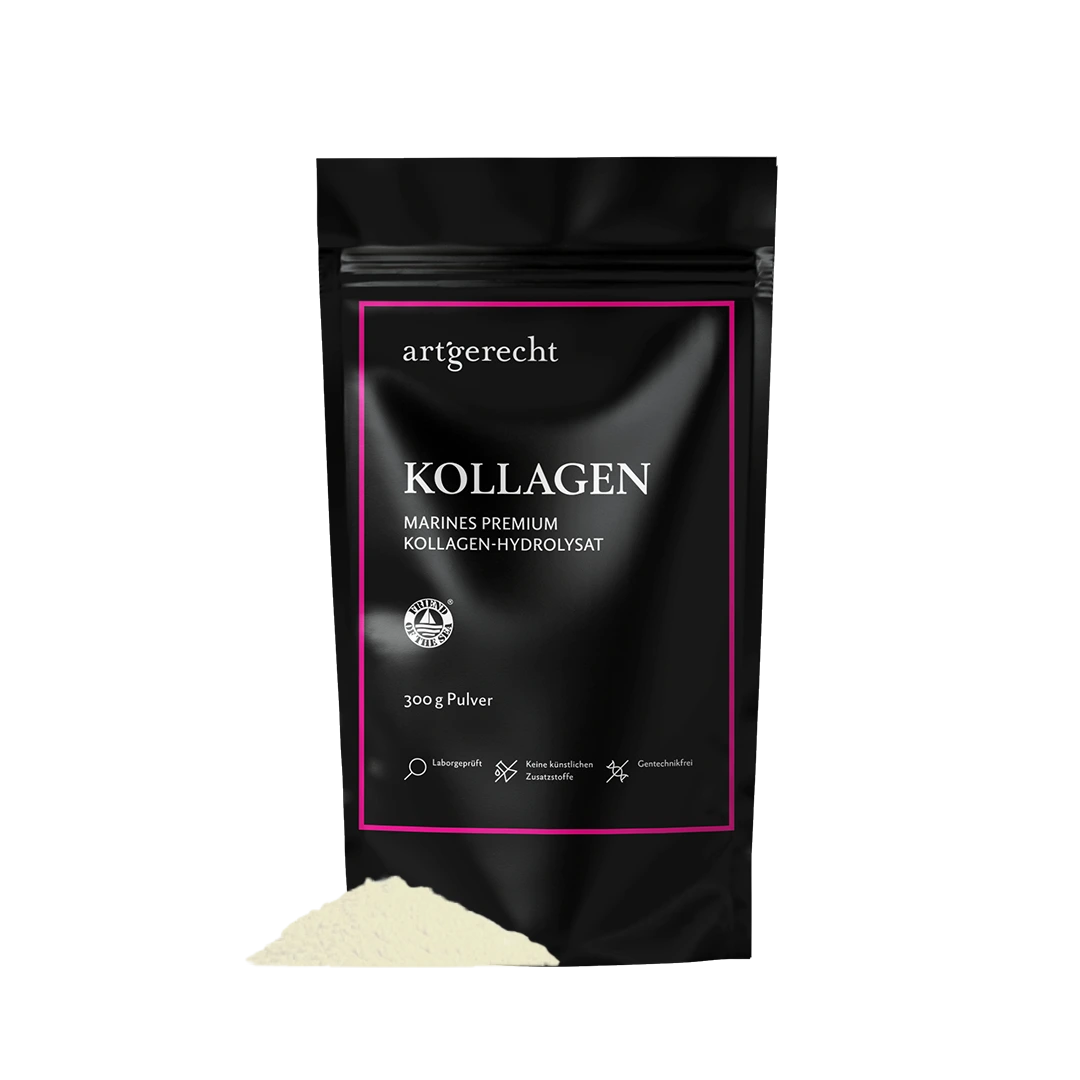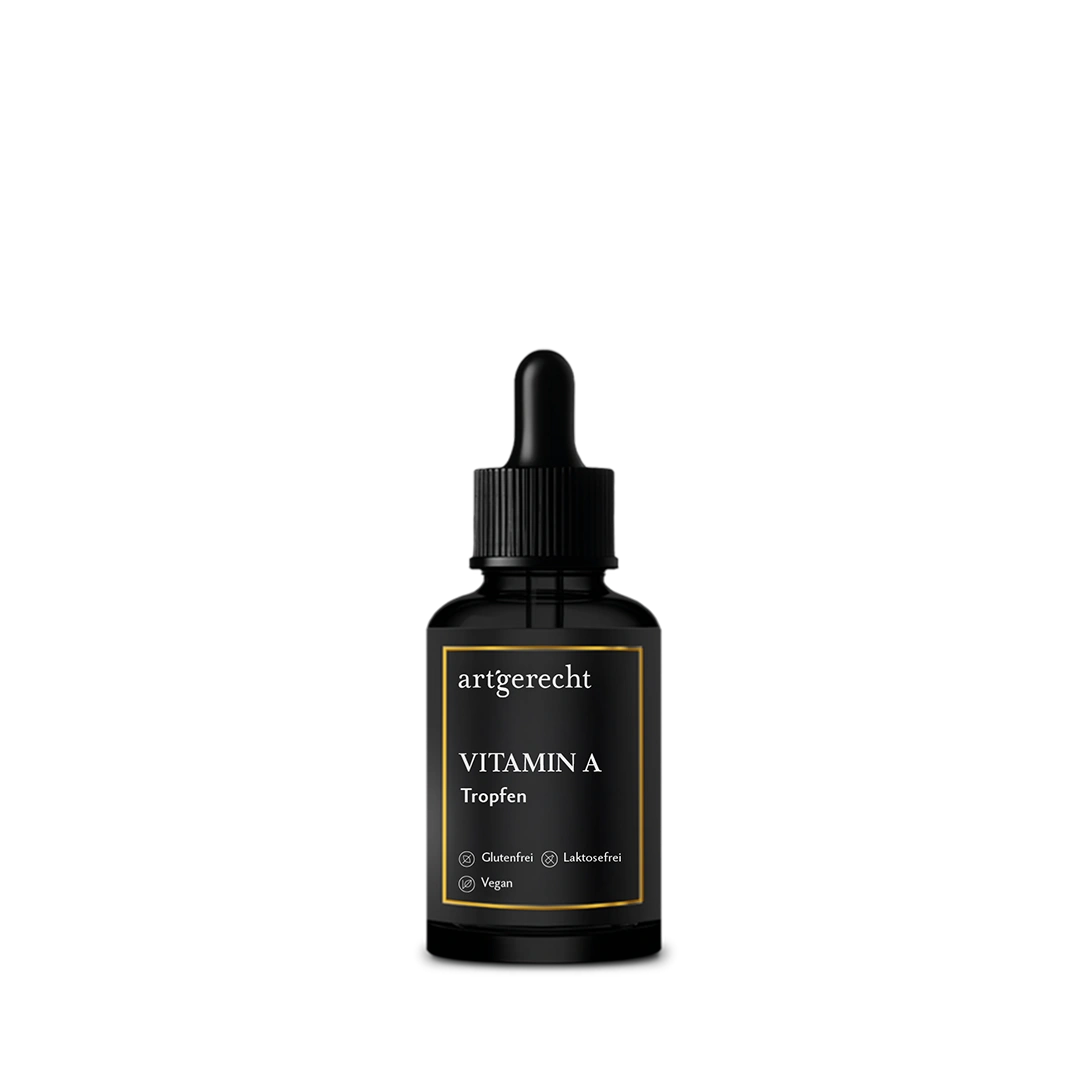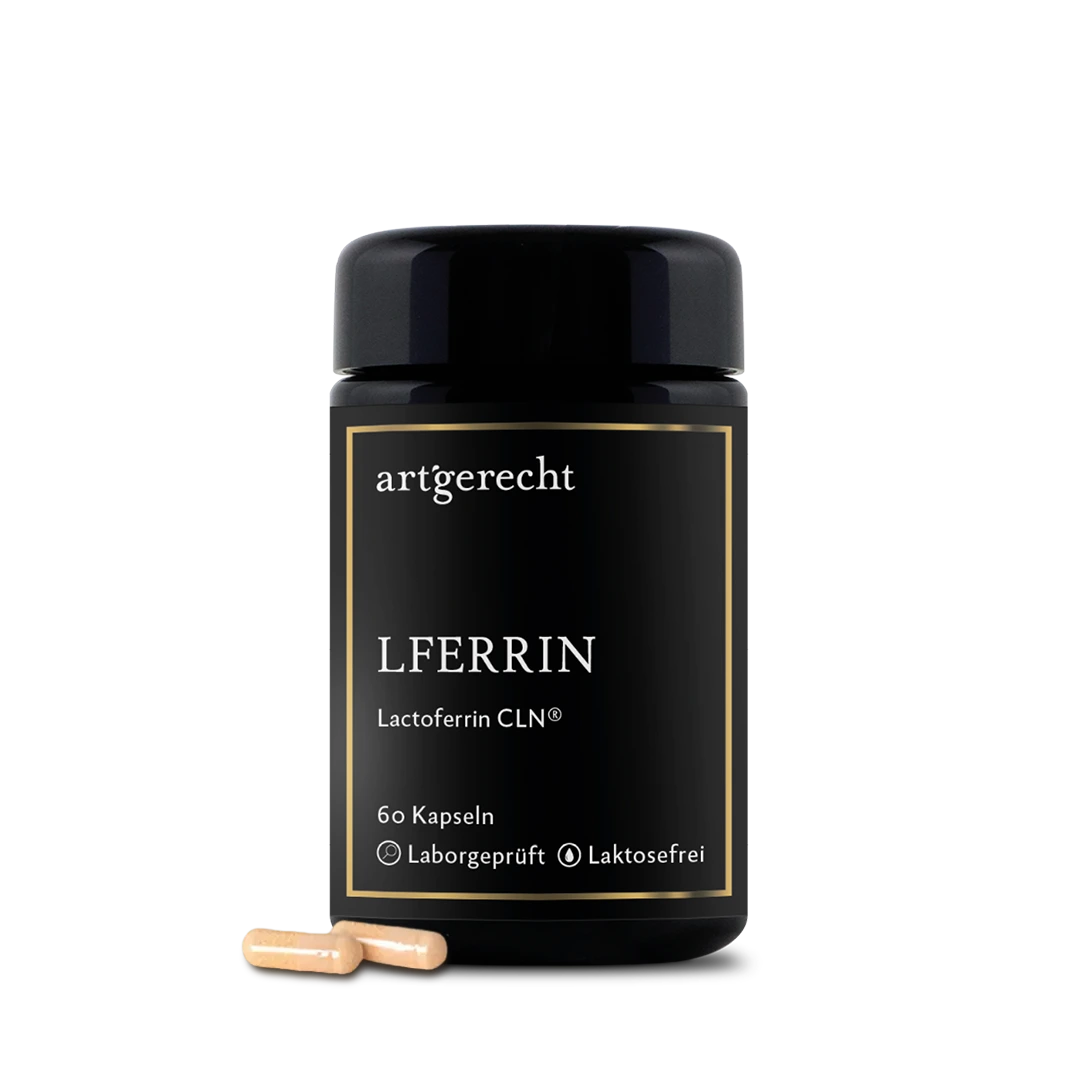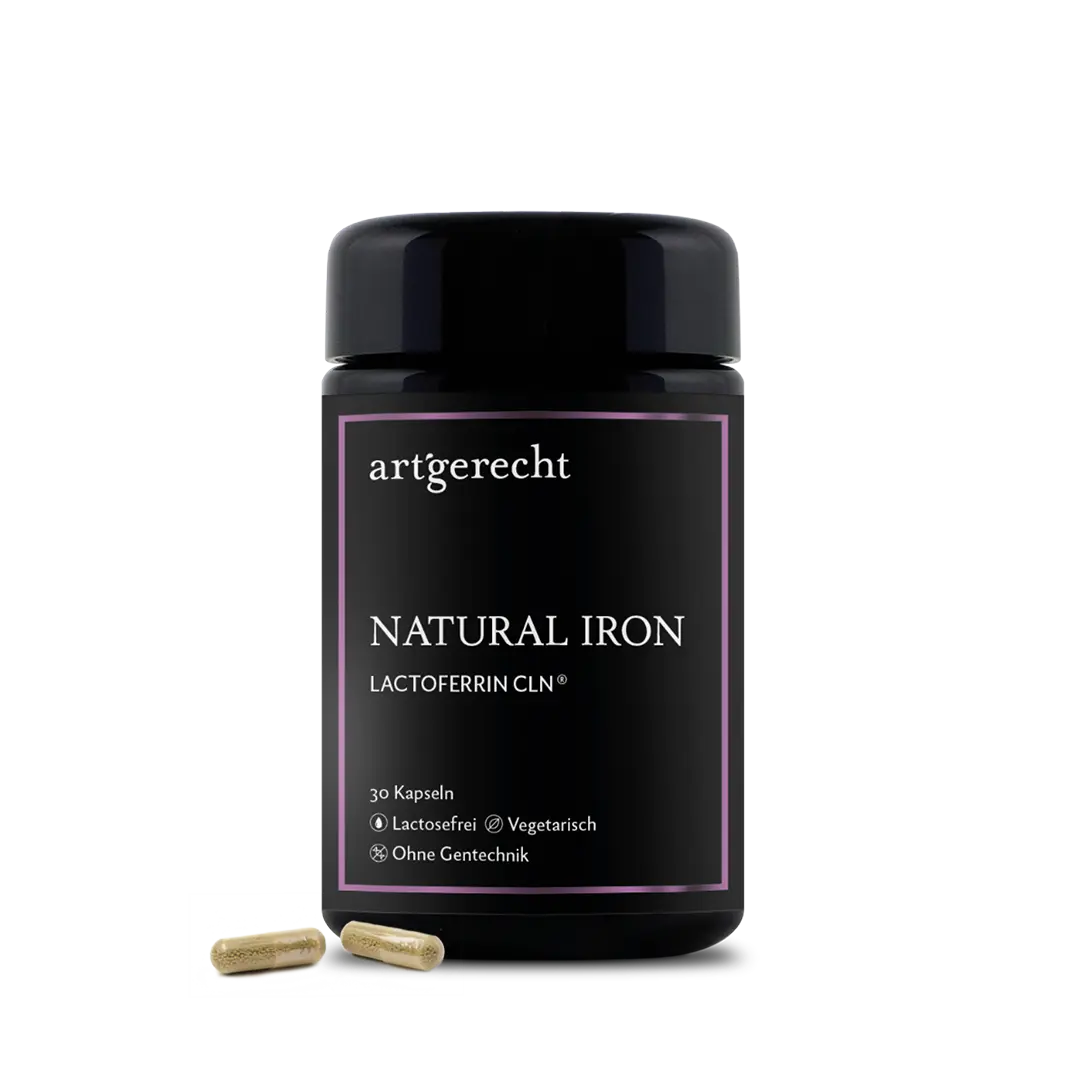An estimated 11% of the world's population suffers from SIBO (Small Intestinal Bacterial Overgrowth), also known as bacterial intestinal overgrowth. This disease is closely associated with digestive problems, nutrient deficiencies and irritable bowel symptoms. It is particularly noteworthy that the prevalence of irritable bowel syndrome (IBS) in Germany is around 17% (RKI) – it is therefore a popular disease with a significant impact on quality of life.
How does the gut work and why does SIBO develop?
The human digestive tract is around five to seven meters long and plays a central role in nutrient absorption and digestion. Directly behind the stomach begins the intestine, which extends over a length of four to five meters. Here, carbohydrates, fats and proteins are filtered out of the food and made available to the body. The remaining food pulp then enters the large intestine, which is shorter but wider at around 1.5 meters. It is mainly water that is extracted there, and special bacteria utilize fibre that could not be broken down in the small intestine.
The intestine contains trillions of bacteria, which together form the intestinal flora. There are at least 1,000 different species, most of which are located in the large intestine. These bacteria help to break down indigestible food components and play a crucial role in the immune system and intestinal health. In contrast, comparatively few bacteria are found in the intestine, as this is where the absorption of nutrients takes place.
However, if the intestine becomes overgrown with bacteria, these gastrointestinal processes can lead to inflammation.processes, inflammation and digestive problems – this is the core mechanism of SIBO.
Causes of SIBO
SIBO is often caused by disturbed bowel movements, anatomical changes or impaired digestive function. Important causes are:
- Impaired intestinal motility: A slowed gastrointestinal passage can lead to bacteria not being sufficiently transported out of the intestine.
- Gastrointestinal surgery: Interventions such as gastric bypass surgery or bowel resection can disrupt the natural bacterial balance.
- Irritable bowel syndrome (IBS): Studies show that many patients with irritable bowel syndrome suffer from SIBO.
- Low gastric acid production (hypochlorhydria): Gastric acid acts as a natural barrier against bacterial overgrowth. Reduced production can favor SIBO .
- Long-term use of proton pump inhibitors (PPI): Medications such as Omepraz. inhibit gastric acid production and thus increase the risk of SIBO.
- Chronic stress: leads to altered intestinal flora and impairs digestive enzymes.
- Diabetes and neurological diseases: Affect intestinal motility and can promote SIBO.
- Low-fiber diet & high sugar consumption: Promote the growth of unwanted bacteria.
Symptoms of SIBO
The symptoms of intestinal overgrowth often resemble those of irritable bowel syndrome and include:
- Bloated abdomen, feeling of discomfort and cramping abdominal pain
- Chronic bloating with unpleasant odor
- Diarrhea or constipation (often alternating)
- Nutrient deficiency (especially vitamin B12, iron, fatty vitamins A, D, E, K)
- Drowsiness, concentration problems, fogginess („brain fog“) and skin problems
The complaints are caused by bacterial fermentation processes of carbohydrates, which produce large amounts of hydrogen, methane or hydrogen sulphide. These gases can be detected by a SIBO breath test.
Treatment and natural approaches for SIBOA targeted diet can help to regulate bacterial growth in the intestine. Proven forms of nutrition are:
1. nutritional therapy
- Low-FODMAP diet: Reduces fermentable carbohydrates that are utilized by bacteria .
- Specific Carbohydrate Diet (SCD): Avoids complex carbohydrates that contribute to bacterial overgrowth.
- Elemental diet: A special, easily digestible diet designed to starve out SIBO bacteria.
2. antibacterial therapy
- Antibiotics (e.g. Rifaxim.): Often used for the targeted reduction of bacterial colonization .
- Natural alternatives: Herbs with an antibacterial effect such as oregano oil, berberine, garlic extract and grapefruit seed extract have shown a comparable effect to antibiotics in studies.
3. improve bowel movement
- Prokinetics (natural & medicinal): Substances such as ginger, Iberogast or low-dose erythromy. promote intestinal movement and prevent bacterial recolonization. Intermittent fasting: Longer breaks between meals (e.g. 12–16 hours üovernight) help to empty the colon through so-called „cleansing waves“.
4th micronutrient deficiency balancing
Since SIBO is often associated with a decreased nutrient intake, the following micronutrients should be supplemented:
- Vitamin B12 (often as a deficiency in methane-dominated SIBO)
- Iron (for anemia caused by SIBO)
- Vitamin D & K2 (important for bones and immune system)
- Omega-3 fatty acids (anti-inflammatory effect)
SIBO is a complex intestinal disease that requires individual and holistic therapy. A combination of adapted nutrition, antimicrobial strategies, intestinal movement promotion and targeted micronutrient balancing can help to alleviate symptoms and restore intestinal health in the long term.
Literature references:
- Pimentel, M. et al. (2020). “Small Intestinal Bacterial Overgrowth: Diagnosis and Treatment.” American Journal of Gastroenterology.
- Chassard, C. et al. (2018). “Methane Production by Human Gut Microbiota: The Influence of Diet and Small Intestinal Bacterial Overgrowth.” Gut Microbes.
- Rezaie, A. et al. (2018). “Hydrogen and Methane-Based Breath Testing in Gastrointestinal Disorders: A Review.” Clinical Gastroenterology and Hepatology.


